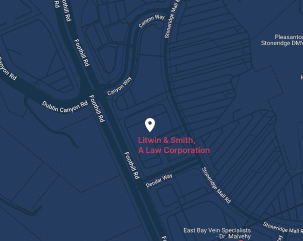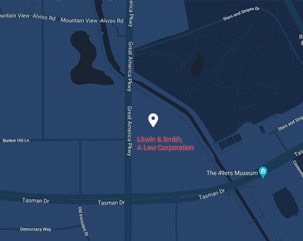The most common way foreign nationals legally enter the US is through family immigration. As of 2021, the most recent year for which we have complete data, family-based immigration is the source of about 65% of all lawful migration to the US. It’s also the source of nearly 85% of new arrivals, or people who had not previously entered the country on another visa.
Despite this massive popularity, family immigration is a complicated subject. There are several paths through which an individual can bring their loved ones to the US, each with unique eligibility requirements and restrictions. Let’s walk through your sponsorship options, limitations, and visa types available for families seeking to enter the US.
Who Is Eligible to Sponsor Family Members for Immigration?
Only two groups are eligible to sponsor immediate relatives for immigration: US citizens and lawful permanent residents (LPRs). These people can sponsor certain closely related people to enter the US and apply for permanent residency and eventual citizenship.
There are ways for people without citizenship or green cards to bring family members to the US. However, they do not provide a direct path toward citizenship.
For example, H-1B and other employment visa candidates can request to bring their immediate family to the US. However, these visas are, by nature, temporary and contingent on the H-1B candidate’s status. The candidate cannot sponsor their loved ones for immigration until they receive their own green card.
The Three Types of Visas Available for Family Immigration
Depending on your circumstances, three options may permit you to sponsor the immigration of a loved one.
The first and most valuable are Immediate Relative (IR) Visas. Only US citizens can sponsor someone for this visa category. As a citizen, you can sponsor your parents, spouse, and unmarried children under 21 to enter the country on an IR visa. Unlike most other categories, there is no limit on how many people may be issued IR visas yearly.
The next category consists of Family Preference (FP) Visas. There are four preference levels for FP visas. In order of highest to lowest priority, they are:
- F1: The unmarried children of US citizens.
- F2A and F2B: The spouses, unmarried minor children, and unmarried adult children of LPRs.
- F3: The married adult children of citizens.
- F4: The siblings of citizens.
226,000 FP visas are available annually. Visas are awarded based on availability, priority level, and country of origin caps.
The final family-based option is the K-1 fiance visa. This is technically a nonimmigrant visa that permits your foreign national fiance to enter the US for 90 days. You must marry your fiance during that window, or they will be required to leave the country. They then may apply for an adjustment of status to receive their IR visa as your legal spouse.
Eligibility Restrictions on Family Immigration
While these three options are the clearest path toward citizenship for most families, they are subject to some eligibility restrictions. Potential sponsors may be rendered ineligible for issues such as:
- An annual income below 125% of the federal poverty level
- A criminal record involving certain offenses against minors
- A criminal record that may put the potential immigrant at risk
Additionally, candidates for immigration will be reviewed by USCIS for disqualifying issues such as:
- They have certain infectious diseases, such as tuberculosis or leprosy
- They have a criminal record for actions such as murder or other violent crimes
- They are determined “likely to become a public charge,” or require state benefits assistance
It is possible to seek waivers for certain otherwise disqualifying issues. However, USCIS is not required to issue waivers in any circumstance. If you believe a waiver may be necessary, it is crucial to discuss your circumstances with an experienced immigration attorney.
Guiding Families Through the US Immigration Process
Choosing the sponsorship method and visa is just the first step toward bringing your loved ones to the US. Before starting the journey, you should consult with a skilled immigration lawyer to avoid common and expensive mistakes. At Litwin & Smith, we can help. Our team has spent decades assisting families to reunite in the US through IR, FP, and K-1 visas. Schedule your consultation today to learn more about how we can help you.

